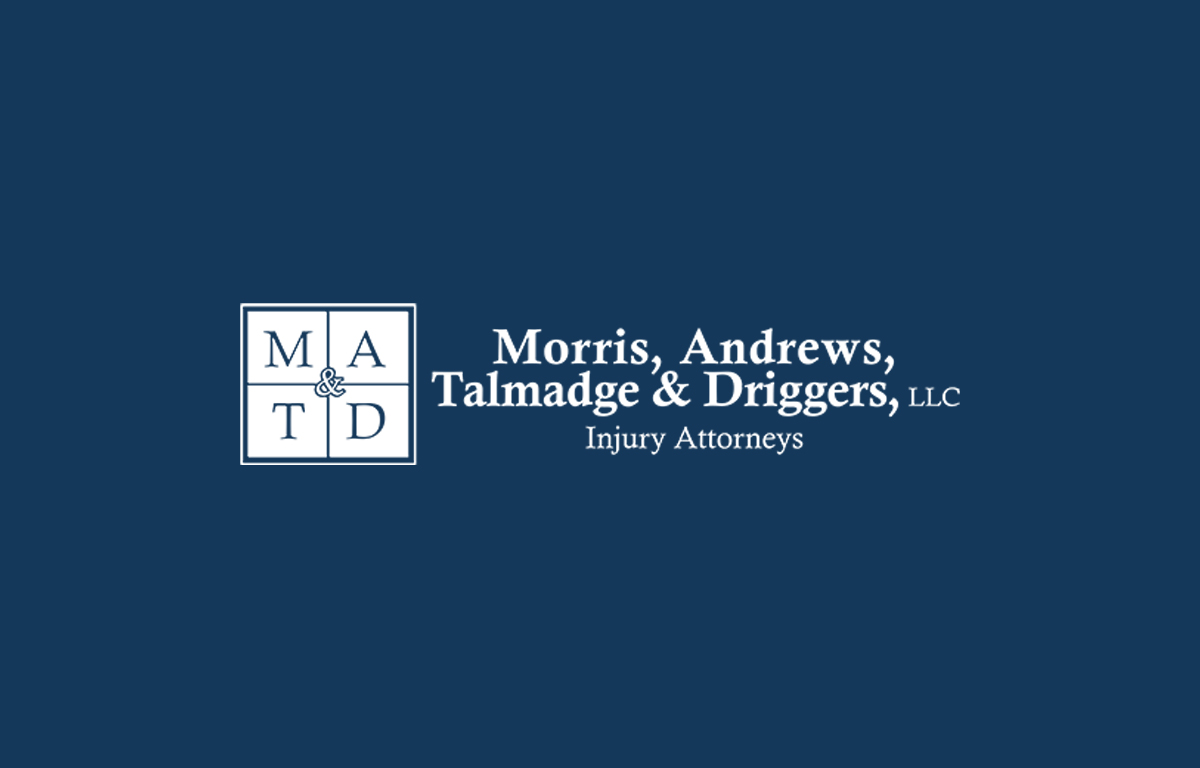Mobile, Alabama is home to the Port of Mobile, the only deep-water port in the state. Because the worksite moves around 54 million tons of cargo each year, dockworkers at this port are constantly at risk. Handling containerized, bulk, breakbulk, roll-on, roll-off, and heavy-lift cargoes can be dangerous, as it requires the use of enormous shipping containers and cranes. Additionally, working around any busy body of water increases the risk of slip-and-fall accidents, ship accidents, and dock accidents. The maritime industry is booming in Mobile, so there is no better time for workers to understand their rights.
Workers’ Compensation
Like most companies within the state, the employers of Alabama dockworkers must carry workers’ compensation insurance. If an employee gets hurt on the job, this insurance will pay for their medical expenses and help them offset missed work. For maritime workers, there are also specific laws that regulate workers’ compensation.
The Jones Act
Also known as the Merchant Marine Act of 1920, the Jones Act is a federal statute designed to strengthen and protect the maritime industry after World War 1. Not only did the act create a safe network of merchant mariners, but it also laid out the industry’s responsibilities toward its workers. The Jones Act sets standards for safety and maintenance, safeguards sailors’ rights from being exploited, and requires compensation for injuries caused by employer neglect. The statute, 46 U.S. Code § 30104 – Personal injury to or death of seamen, states:
“A seaman injured in the course of employment or, if the seaman dies from the injury, the personal representative of the seaman may elect to bring a civil action at law, with the right of trial by jury, against the employer. Laws of the United States regulating recovery for personal injury to, or death of, a railway employee [the Federal Employers’ Liability Act] apply to an action under this section.”
Note: dockworkers are part of the maritime injury, so they are typically included in the “seamen” referenced above.
The Longshore and Harbor Workers’ Compensation Act (LHWCA)
The maritime industry is also regulated by the LHWCA. This is a federal law that regulates the payment of compensation, medical care, and vocational rehabilitation service to those disabled by on-the-job injuries in the maritime industry. Like the Jones Act, this law covers employees in traditional maritime occupations, including:
- Longshore workers
- Ship-repairers
- Shipbuilders
- Ship-breakers
- Harbor construction workers
- Dockworkers
- Anyone who performs their work on navigable waters in the United States
As a more modern law, the LHWCA provides for all injuries, including occupational diseases, hearing loss, and illnesses arising out of employment.
For answers to frequently asked questions about the LHWCA, visit the U.S. Department of Labor’s Division of Longshore and Harbor Workers’ Compensation.
Hurt By A Maritime Hazard?
Our attorneys at Morris, Andrews, Talmadge & Driggers, LLC can help. We have more than 130 years of collective experience handling workers’ compensation claims from all industries. With offices across Alabama, we understand the specific needs of dockworkers at the Port of Mobile.
For legal assistance, call us at (844) 654-6228 – and don’t forget to request a free consultation.


